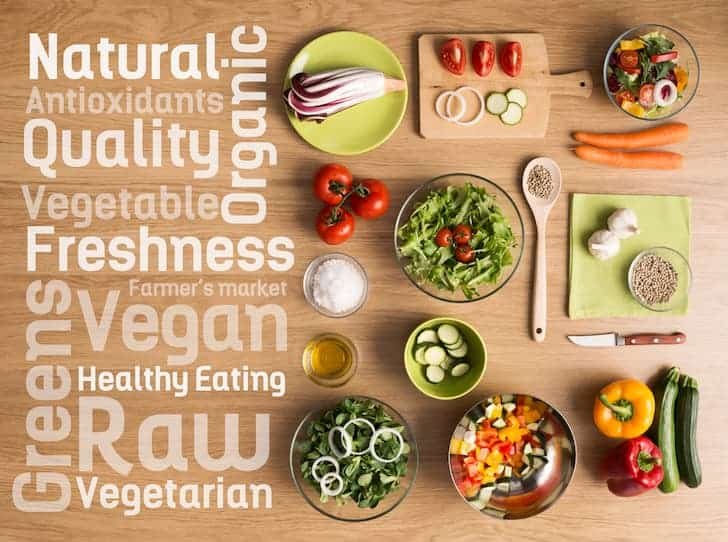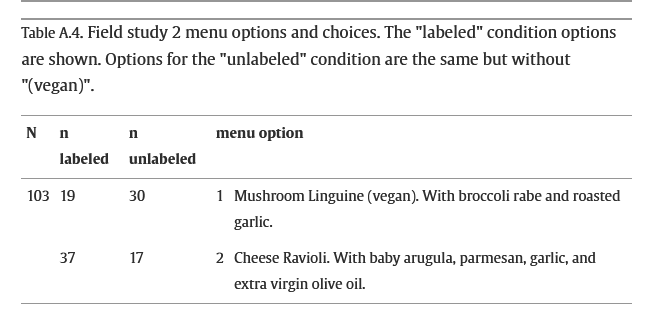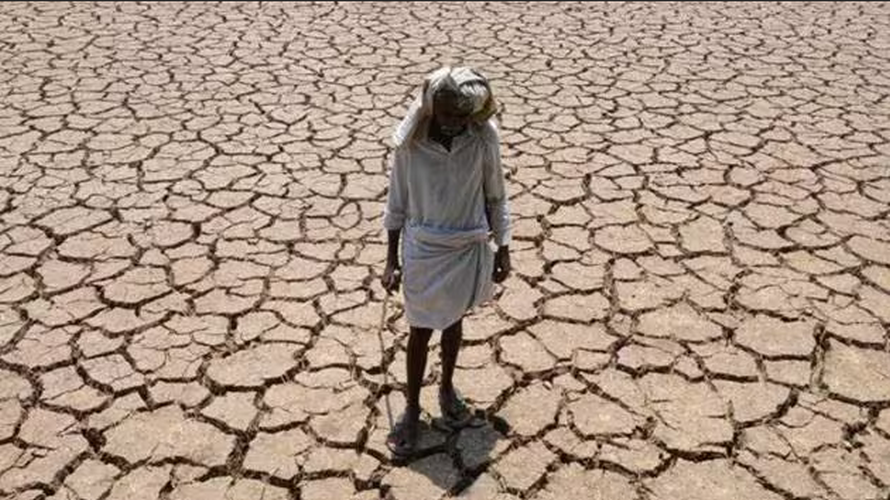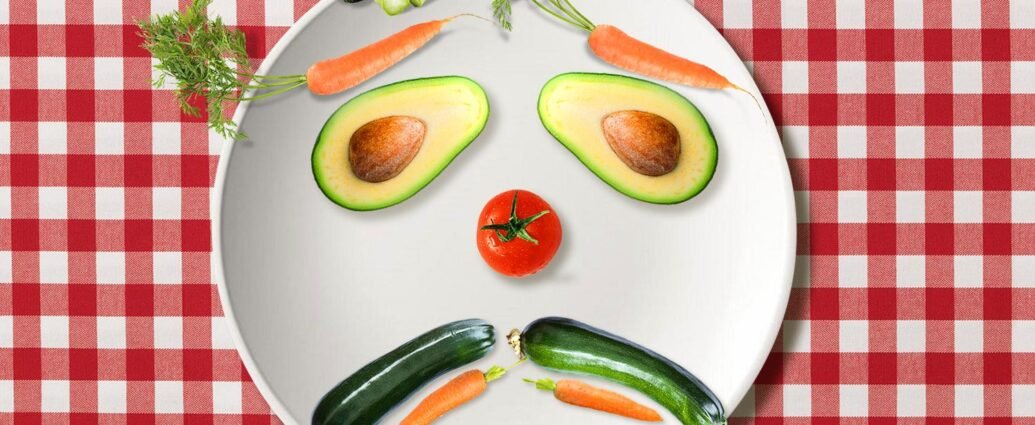A study conducted by MIT investigated the reasons behind people’s rejection of vegan foods, despite their health and environmental benefits. The study revealed that psychological factors play a significant role in this behavior.

A recent experiment found that people are less likely to choose food labeled as vegan, even though it is better for their health and the environment.
Researchers conducted a study where they asked around 150 people to pre-order their lunch and choose between two options, one of which was vegan foods. They also conducted a similar study online to gather meal preference data.

Using vegan terminology decreased the likelihood of people ordering the entrée, and in-person attendees were even more likely to avoid it.
There are various explanations for why individuals refuse to eat lower on the food chain or avoid vegan food when it is labeled as such.
Some individuals identify as carnivores, particularly if their family or culture values meat consumption. Others may not feel compelled to change their behavior, as they believe climate change has not yet had significant effects.

The term vegan used to imply a lack of enjoyable food options before tasty alternatives to animal products were developed.
Anti-vegan reactions can also arise from reactance, a psychological phenomenon where individuals resist when they believe their choices are limited. This concept has been researched since the 1960s.
Environmentalists are clear they are not urging everyone to become vegetarians or eat vegan food, but are just asking people to incorporate more plant-based meals into their diets. By replacing a portion of beef consumption with beans and soy, individuals can reduce the environmental impact of their diet by approximately 15%.
Reference- National Geographic, ScienceDirect, MIT Study, BBC, Clean Eating Kitchen






